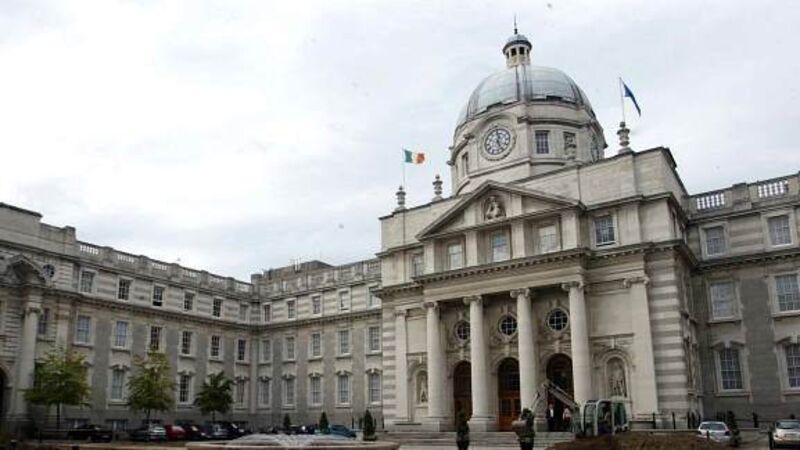Another HSE scandal, another feeble reaction

Though Mr Wallace, by not paying VAT he had collected from customers to the exchequer, made his contribution to that cynicism, he would no doubt agree that yesterday’s report on the deaths of a number of babies at Portlaoise Hospital will add to the despair and cynicism provoked by yet another indication of poor, unprofessional and dangerous performance at an Irish hospital.
That this report was only, and at a very late stage, provoked by a highly commendable RTÉ investigation into the deaths of four infants at the hospital deepens that cynicism. Despite being made aware of the issue repeatedly by bereaved parents — “maternity services ... that are not safe or sustainable” — the HSE did not bother to investigate. However, the RTÉ report made it impossible not to do so. This self-serving evasion of responsibility and unacceptable stonewalling by the HSE was referred to by the Chief Medical Officer at the Department of Health, Tony Holohan, who found that the families were treated in a poor and, at times, “appalling” manner. Most alarmingly, he found that the evidence of poor, dangerous performance existed but was ignored. That terrible indictment comes so very soon after the damming report into the October 2012 death of Savita Halappanavar just adds to the alarm around under-performing, dangerous maternity services.














